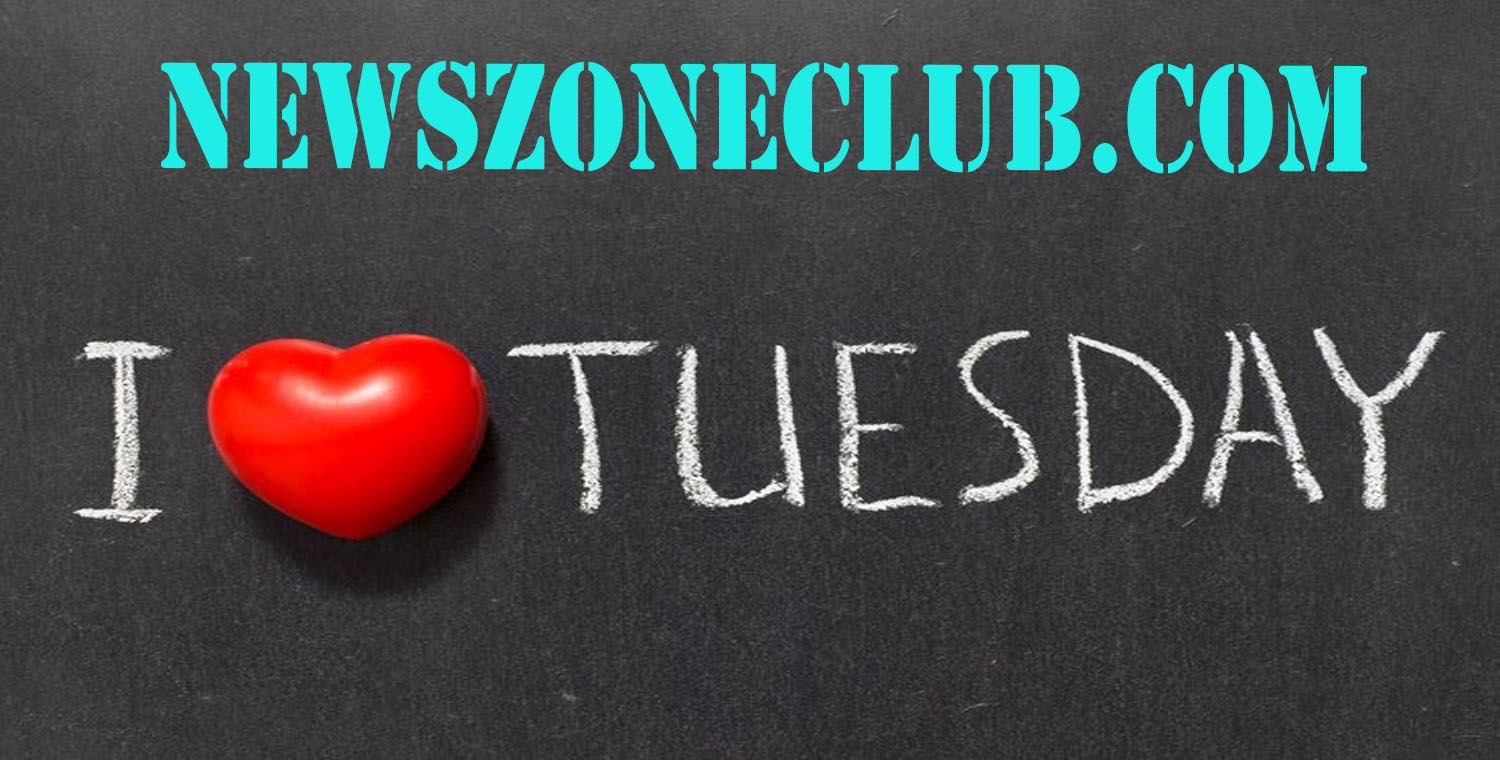Effective communication is vital in both personal and professional realms. It facilitates understanding, enhances relationships, and drives success. In this article, we will explore the nuances of effective communication, the barriers to it, and strategies to improve your skills, all while emphasizing the importance of effective communication in our daily lives.
What is Effective Communication?

Effective communication goes beyond simply exchanging information. It involves the ability to convey ideas clearly and concisely while also ensuring that the message is understood as intended. This encompasses verbal, non-verbal, written, and visual communication. Whether in a team meeting, a casual conversation, or through emails, the way we communicate can significantly impact outcomes.
The Elements of Effective Communication
- Clarity and Conciseness: The message should be clear and to the point. Avoid jargon and unnecessary details that can confuse the listener or reader.
- Active Listening: Effective communication is a two-way street. Listening actively to others demonstrates respect and fosters understanding.
- Non-Verbal Signals: Body language, eye contact, and facial expressions play a crucial role in conveying messages. Being aware of these signals can enhance your communication.
- Empathy: Understanding and acknowledging the feelings and perspectives of others can improve the connection between communicators.
- Feedback: Providing and soliciting feedback helps clarify understanding and allows for adjustments in communication styles.
Barriers to Effective Communication
Despite its importance, several barriers can hinder effective communication:
- Language Differences: Language barriers can lead to misunderstandings, especially in diverse environments.
- Cultural Differences: Different cultural backgrounds can influence communication styles, leading to misinterpretations.
- Emotional Barriers: Personal feelings, such as anger or frustration, can cloud judgment and affect how messages are delivered and received.
- Physical Barriers: Environmental factors, such as noise or distance, can impede communication.
- Perceptual Barriers: Different perspectives and biases can lead to misunderstandings and misinterpretations.
Strategies to Improve Effective Communication
To overcome these barriers and enhance communication skills, consider implementing the following strategies:
1. Develop Clarity in Your Message
To ensure clarity, think about your message before you communicate. Organize your thoughts and be specific about what you want to convey. For example, instead of saying, “Let’s improve our process,” you might say, “We need to streamline our reporting process by reducing unnecessary steps.”
2. Practice Active Listening
Active listening involves fully concentrating on the speaker, understanding their message, responding thoughtfully, and remembering what has been said. Techniques include nodding, maintaining eye contact, and paraphrasing what the speaker has said to confirm understanding.
3. Be Aware of Non-Verbal Communication
Non-verbal cues can significantly impact how your message is received. Be mindful of your body language and ensure it aligns with your verbal message. For instance, if you’re expressing enthusiasm, your posture and facial expressions should reflect that energy.
4. Foster an Empathetic Environment
Show empathy by acknowledging others’ feelings and perspectives. This not only strengthens relationships but also encourages open dialogue. Use phrases like, “I understand how you feel,” to validate the emotions of others.
5. Encourage Feedback
Creating a culture of feedback can significantly improve communication. Encourage others to express their thoughts on your communication style and be open to making adjustments based on their input. This can be done through regular check-ins or feedback sessions.
The Role of Technology in Communication
In today’s digital age, technology plays a crucial role in how we communicate. Tools like email, messaging apps, and video conferencing have transformed traditional communication methods. While these technologies enhance connectivity, they also introduce new challenges, such as misinterpretation of tone or lack of personal interaction.
Best Practices for Digital Communication
- Choose the Right Medium: Depending on the message, select an appropriate communication medium. For complex discussions, video calls may be more effective than emails.
- Be Mindful of Tone: Written communication lacks vocal tone, which can lead to misunderstandings. Use clear language and consider using emojis or formatting to convey your intent.
- Keep It Professional: In professional settings, maintain a level of professionalism in your digital communications. Use proper grammar, avoid slang, and be respectful.
- Be Prompt in Responses: Timely responses can enhance communication effectiveness. Acknowledge messages quickly, even if you need more time to provide a detailed reply.
The Importance of Effective Communication in Various Contexts
In the Workplace
Effective communication is crucial in the workplace. It enhances teamwork, boosts productivity, and helps in conflict resolution. When team members communicate effectively, they can collaborate more efficiently, leading to improved outcomes and job satisfaction.
In Personal Relationships
In personal relationships, effective communication fosters intimacy and understanding. Open discussions about feelings, desires, and expectations can strengthen bonds and resolve conflicts. Couples who practice effective communication tend to have healthier and more fulfilling relationships.
In Education
In educational settings, effective communication between teachers and students is essential for creating a conducive learning environment. Clear instructions and feedback can significantly impact student performance and engagement.
In Healthcare
In healthcare, effective communication between providers and patients is vital for delivering quality care. It ensures that patients understand their conditions and treatments, leading to better health outcomes.
Conclusion
Effective communication is a foundational skill that influences every aspect of our lives. By understanding its elements, recognizing barriers, and implementing strategies for improvement, we can enhance our communication skills significantly. Whether in professional settings or personal relationships, the ability to convey ideas clearly and listen actively is essential for success and satisfaction.





